Flying with a baby: Rules & tips
Flying with a baby soon?
Aren’t sure whether it’s a good idea or no?
Don’t worry. Thousands of people are doing the same every day.
Travel prepared and you’ll be fine. Yes, there are some rules you need to know before booking that flight. Yes, it does require more planning. But at the same time it’s something people are doing every day. You’re not alone.
In this article we are offering you an intro to flying with an infant.
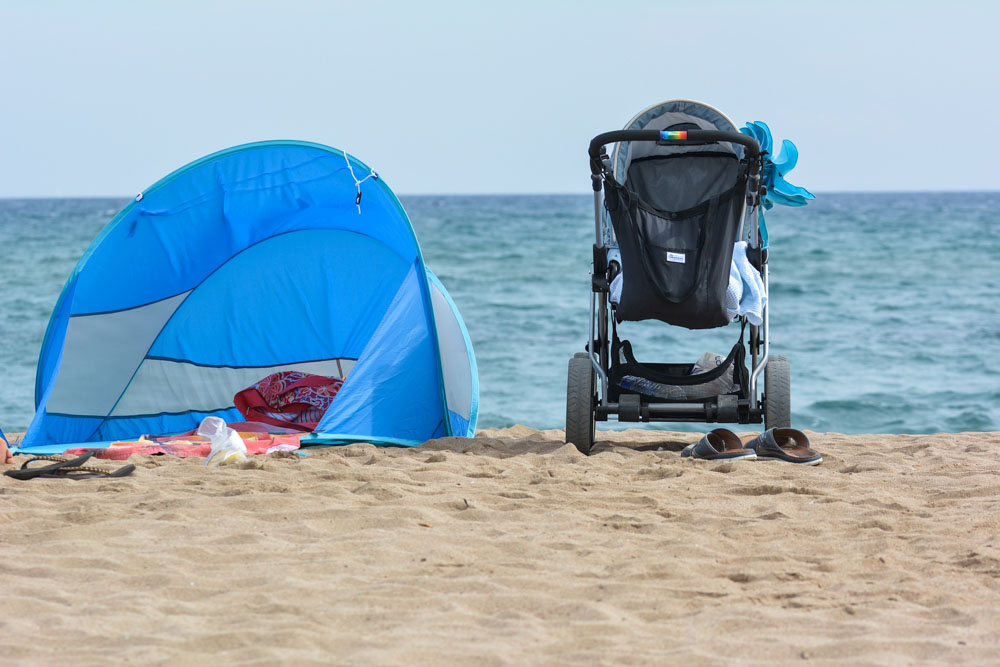
First of all, airlines class children under two years of age as an infant. And there are specific rules when flying with an infant. Another thing to remember - if something goes wrong, your under 2 years old will be eligible to compensation same like you.
But more on that later.
Flying with a baby: Basics
1. Airline rules and charges for flying with babies
Infants are not required to have their own seat.
But you have to purchase a ticket for your baby.
You will be traveling with your infant on your lap, and only one lap child is allowed per adult. If more than one infant is travelling with you, you have to purchase an additional seat for the second infant. Note, that you have to have a proper child restrain device (a car seat or a special harness) to buy a seat for your infant. Your car seat must be airline approved.
If you are traveling with a child older than 2 years, you have to purchase a seat at all times as only children under 2 years old are allowed to sit on an adult’s lap.
How much does it cost to fly with a baby?
Some airlines have a fixed price for infant plane tickets.
As a result in some situations an infant ticket may cost you more than a regular ticket. For instance, you got your Ryanair ticket on sales for just £10, but to travel with your baby you have to buy an extra ticket - an infant ticket, which is at a fixed price of £25.
But mostly parents are required to pay a certain percentage of the adult fare. Mostly it's 10-25% of a full adult fare when flying internationally.
Some airlines allow babies to fly for free on a domestic flight as long as they are seated on the lap of the paying passenger.
If you want to take a car seat on the plane, you have to purchase a seat for your newborn. Also, your car seat must be airline approved.
To purchase a seat you have to pay extra. The seat is not included in the infant fare. Infant fees for additional seats vary depending on airline and route. In many situations you’ll be paying a full adult fare.
2. Baggage allowances for infants
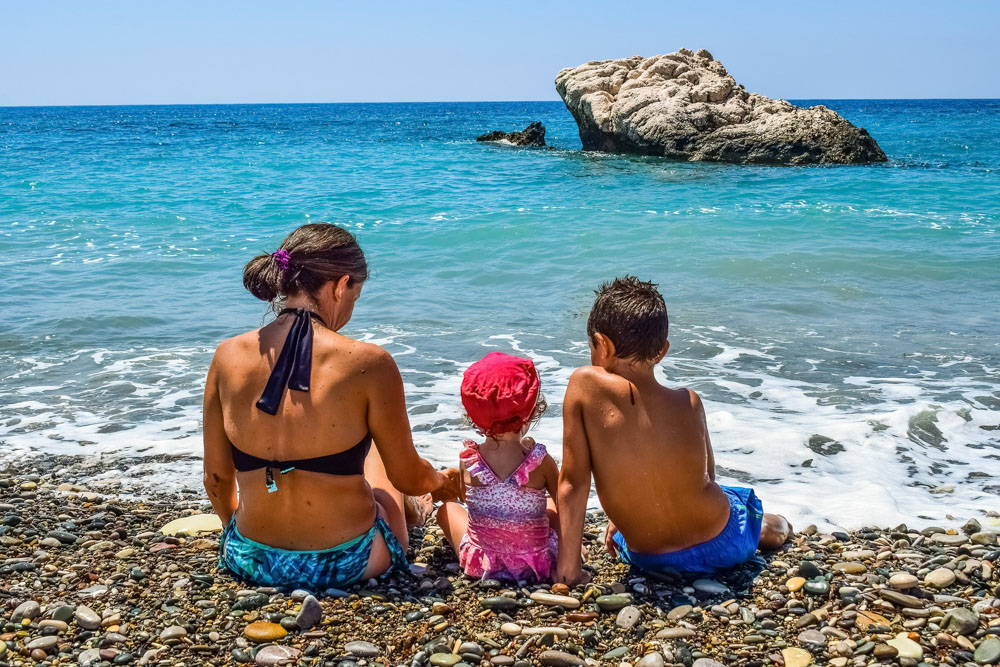
All passengers are entitled to bring their luggage on the plane, even the smallest of passengers - babies.
But the size of the infant luggage and the number of items varies from airline to airline. Check the airline rules and regulations before booking your flight.
Some airlines are really generous when it comes to free hold luggage allowance for baby equipment. For example, KLM allows 1 piece of hand baggage with baby care items (max 12 kg) + 1 collapsible baby stroller or pram + 1 child car seat + 1 check-in baggage (max 10 kg).
Some airlines (e.g., Wizz Air) allow only a foldable baby stroller and extra personal item for the parent.
If you’ve reserved a seat for your newborn, you’re allowed to bring a car seat with you at no additional charge.
If your baby has its own seat, you may bring the same amount of hand baggage and check-in baggage as for yourself. Also, you may bring a collapsible stroller. However, check the airline rules before booking a flight, as conditions may apply.
3. Milk, baby formula and food for the baby
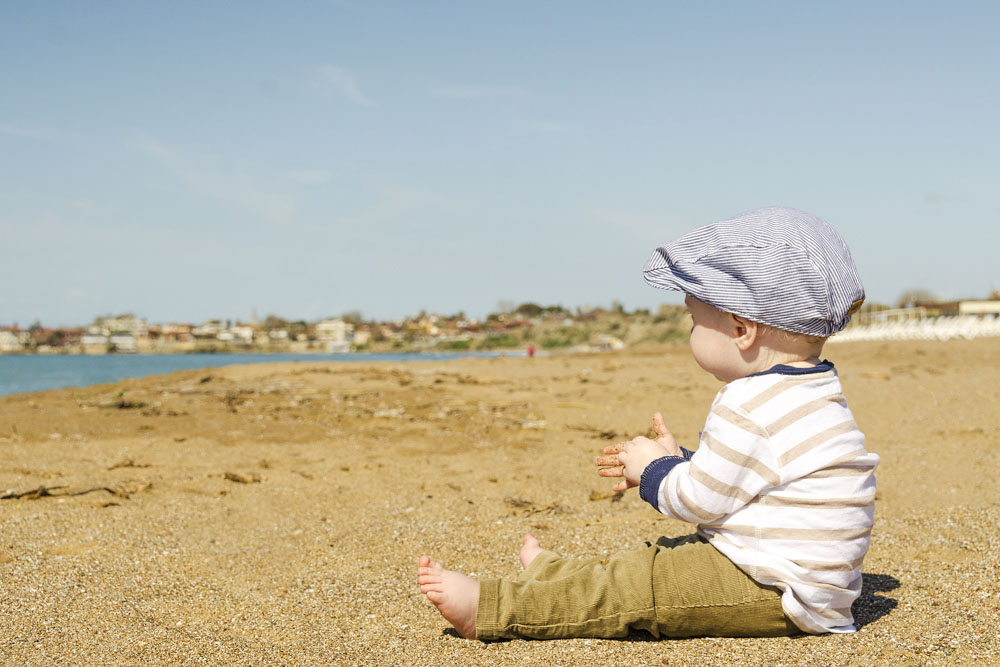
Breast milk, baby formula, juice and baby food is an exception to the liquids rule, and are permitted in reasonable quantities through the security checkpoint.
This means that you are allowed to pack baby food, breast milk, juice and baby formula for your baby in your carry on luggage. And it doesn’t need to fit the 100ml hand luggage rule.
What is a reasonable amount?
It is as much as your baby will need during the flight.
Inform the officer at security check what you’re carrying in your carry-on bag. These items must be removed from your carry on, and they will be screened by X-ray separately from the rest of your belongings.
4. Travelling with a pram or a stroller
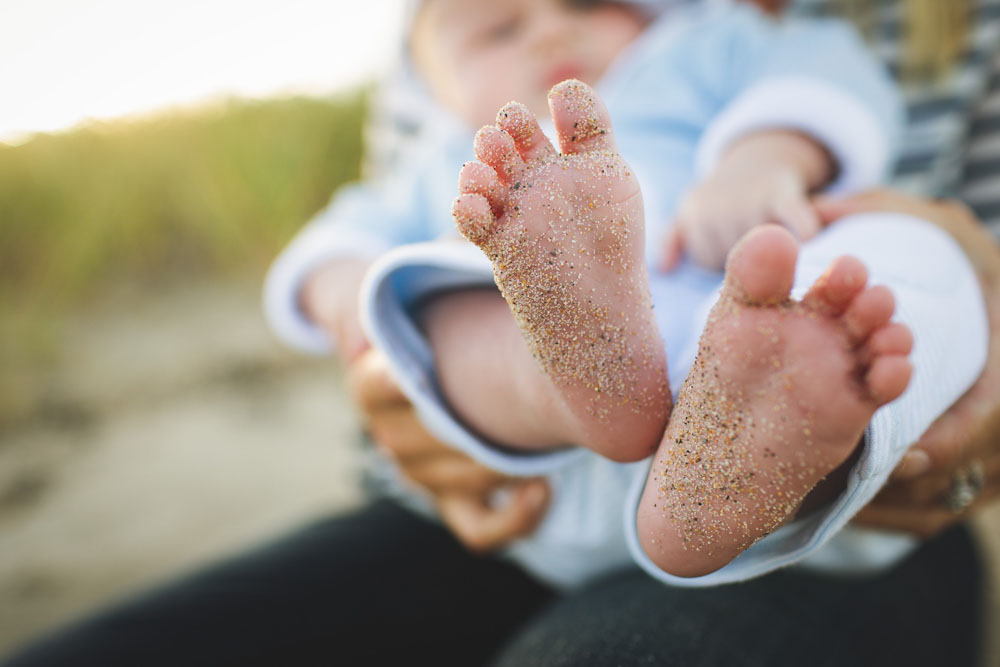
As already mentioned, you are allowed to take at least a pram (or a stroller) when travelling with a baby. A lot of the carriers allow to take more items.
But what to do with a push chair or a stroller once you are at the airport?
In most cases you can keep a foldable pram or a push chair with you until just before boarding. It will be returned to you immediately after landing. Please ask at the baggage drop off, if it’s possible to keep a pram / stroller with you, because, unfortunately, it is not possible in some airports.
Sometimes you are allowed to take a collapsible stroller into the cabin (if there is room).
If there is no space for it in the cabin, it will have to be checked (free of charge).
The stroller may be placed in a protective cover.
5. Travelling with an infant car seat
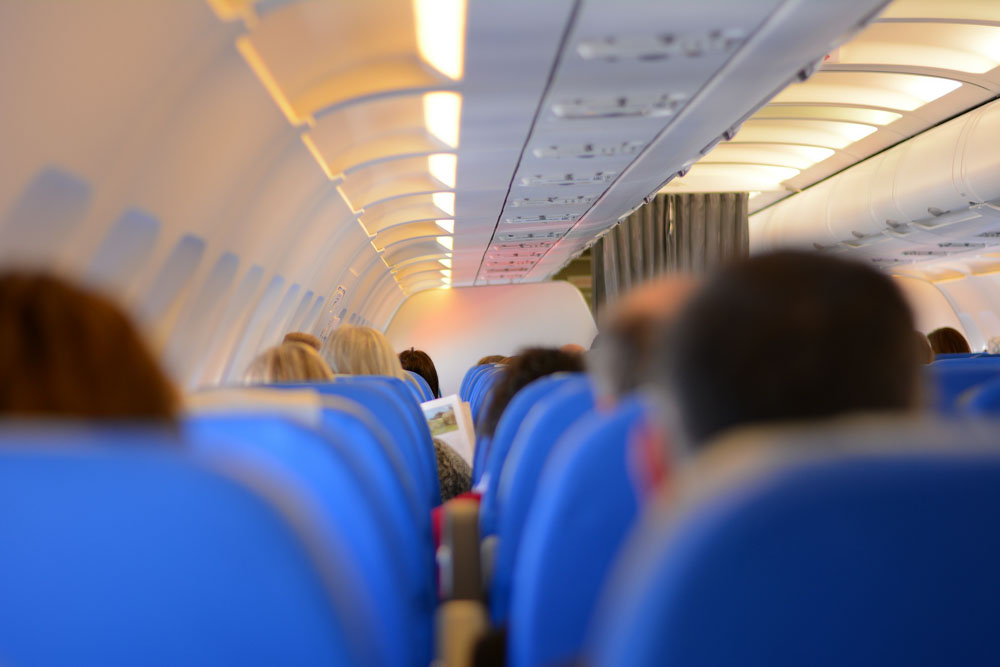
If you’ve reserved a seat for your newborn, you’re allowed to bring a car seat with you at no additional charge.
Also many airlines will allow you to take both push chair and a car seat free of charge.
If you haven’t booked a seat for your baby, but you cary a car seat, it can be checked in at no extra cost. But only (!) if the airline you are traveling with allows passengers to carry an infant car seat in addition to other items.
Baby car seats brought on board must be airline approved and must comply with a number of rules.
Many airlines offer their young passengers carry cots. They can be reserved online, and are suitable for babies that are no longer than 65 - 75 cm and weigh no more than 10 - 11 kg. The size of the carry cot can vary depending on the airline. That’s another option if you’ll be travelling with a toddler on a plane.
6. How old does your baby need to be to fly
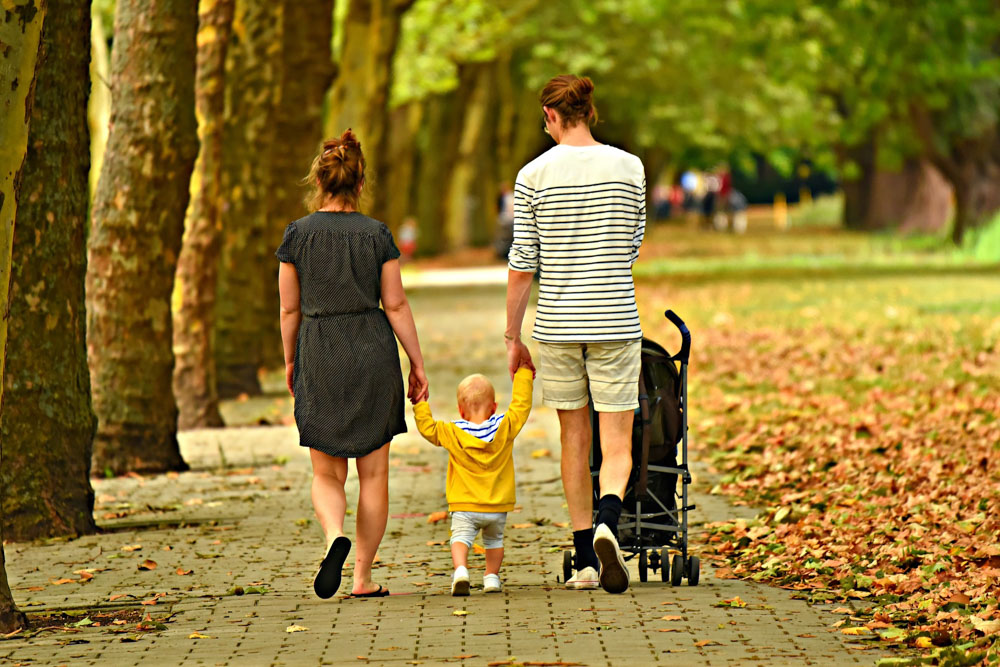
There is no one answer.
The rules vary from airline to airline. As with most of the things related to air travel with toddlers.
Please, check the rules of the airline before booking a flight.
Some airlines accept infants as young as 2 days old. But most airlines require that an infant be at least 14 days old.
Also, some airlines have restrictions when it comes to car seats.
For example, Emirates allow only children aged between 6 to 36 months to travel in the car seat.
7. Can your baby receive compensation
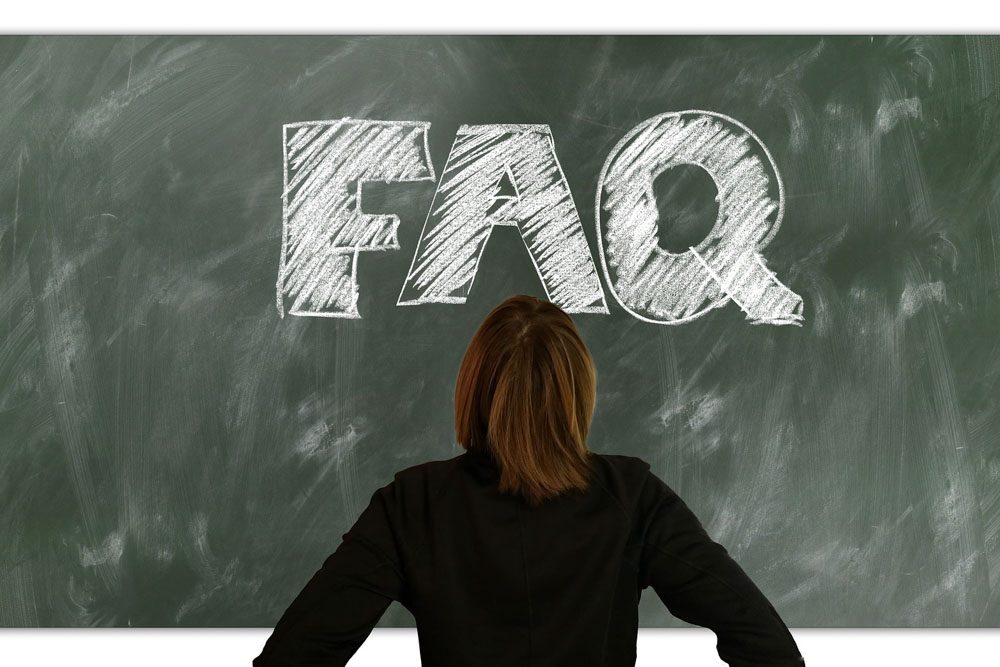
The short answer is: yes, he or she can.
Your kid can receive up to €600 in compensation.
In Europe and when travelling with European airlines, babies have the same rights as adults. And in some situations it applies also to flights with non-EU airlines.
If you and your baby are flying to or from Europe* and your flight is disrupted, then chances are you will be entitled to compensation of up to €600 per passenger.
That’s in case your flight is:
- delayed for more than 3 hours,
- cancelled less than 14 days before planned departure,
- you've been denied boarding because there are no more free seats.
If you are flying from outside the EU, flight must be operated by European airline.
But you don't have to be European citizen.
It does include all situations when flight disruption is the airline’s fault. And situations such as extreme weather conditions and airport staff strikes are exempt from compensation.
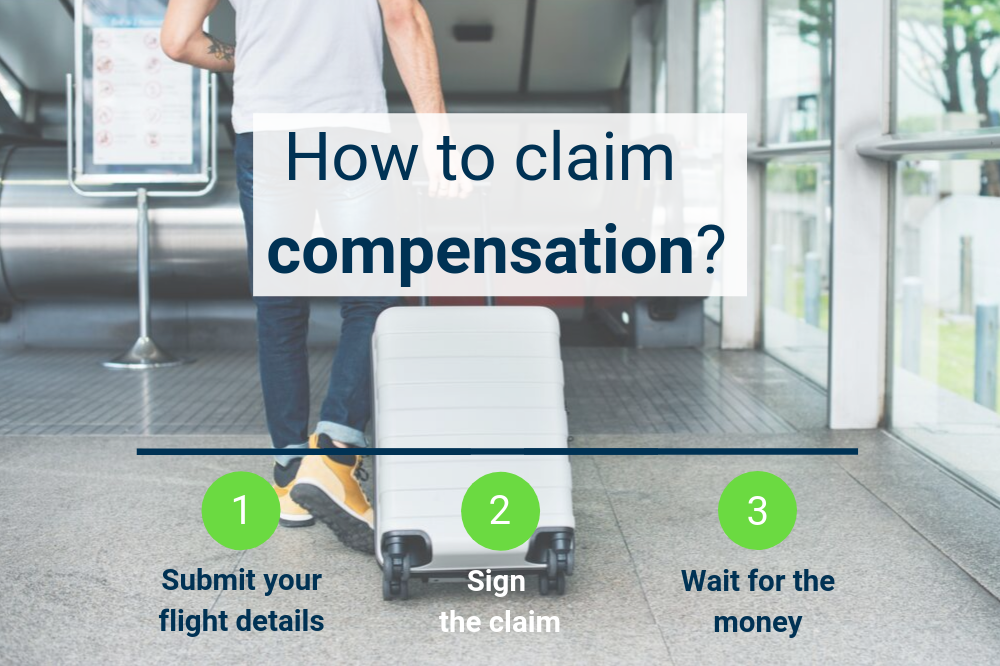
If you are unsure whether you are eligible for it or not, let's check your flight!
- Fill in our claim form.
- Upload your boarding pass or ticket.
- And we'll take it from there.
Don’t worry, if we find out that you aren’t eligible for compensation, it will cost you nothing.
To learn more about the topic, you can read EU flight compensation regulation 261/2004 (EC 261). But be prepared that it’s gonna be a long read. And not an easy one.
*By Europe and EU we mean all EU Member States, the United Kingdom (UK), Guadeloupe, French Guiana, Martinique, Reunion, Mayotte, Saint Martin, the Azores, Madeira, the Canary Islands, Iceland, Norway, and Switzerland.
Have a great family holiday!
Remember - whenever your flight is delayed, cancelled or you've been denied boarding - you might be entitled to flight compensation. Contact us to get it sorted out right away!